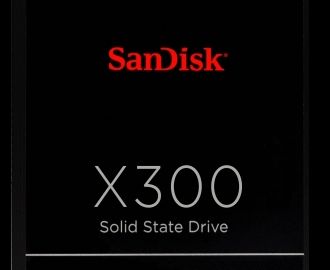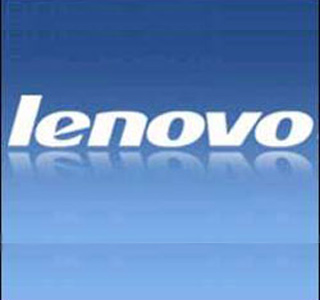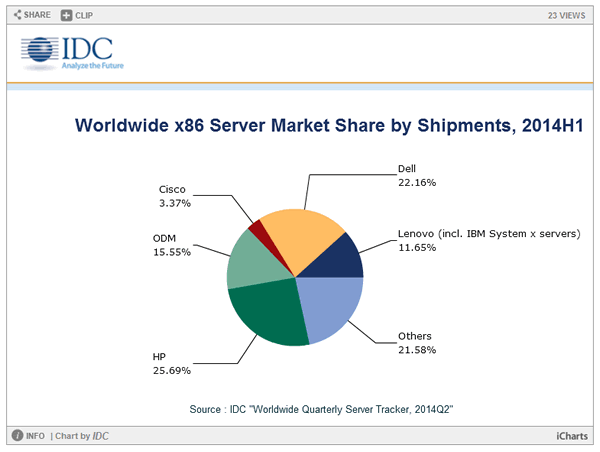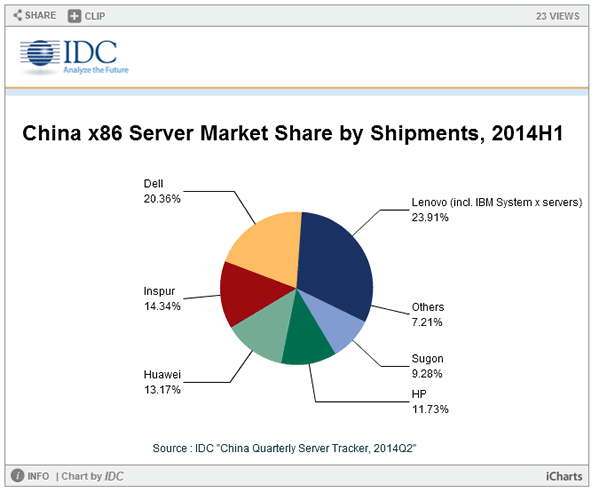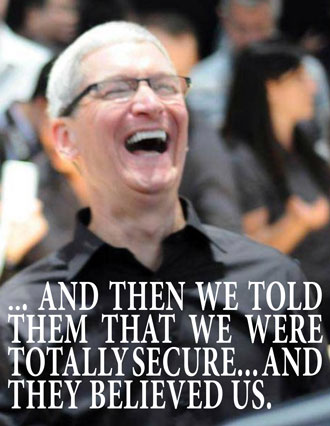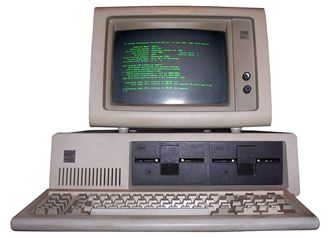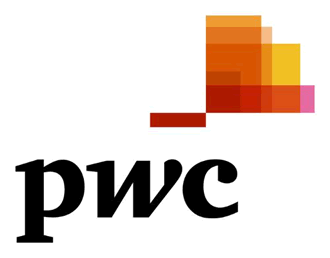 A report from PwC said the number of reported security incidents with tech rose 48 percent in 2013 to hit 42.8 million attacks.
A report from PwC said the number of reported security incidents with tech rose 48 percent in 2013 to hit 42.8 million attacks.
That, said PwC, is equal to 117,339 attacks every day. The Global State of Information Security Survey said the compound annual growth rate (CAGR) has increased by 66 percent year over year since 2009.
But the reported security breaches and the cost are probably just the tip of the iceberg, according to David Burg, PwC’s cybersecurity supremo. “The actual magnitude of these breaches is much higher when considering the nature of detection and reporting of these incidents,” he said.
PwC said that large organisations with annual revenues of $1 billion or more detected 44 percent more incidents this year. But medium sized organizations, which PwC defines as having revenues of $100 million to $1 billion saw a 64 percent increase.
But even though the breaches have increased, the amount of money devoted to security fell by four percent compared to 2013.
But high profile attacks by nations, gangsters and competitors are the lest frequent incidents yet the fastest growing. The survey claimed a compromise by nation states increased by 86 percent, while there was a 64 percent increase in security incidents associated with competitors.
Only 49 percent of respondents said their organisations had a cross enterprise team to dicuss, coordinate and communicate info security concerns.
